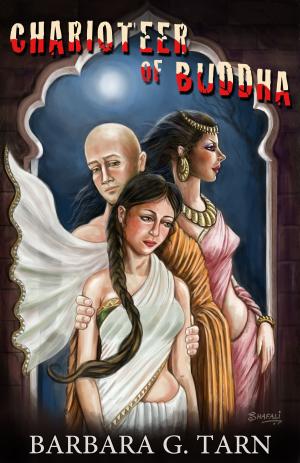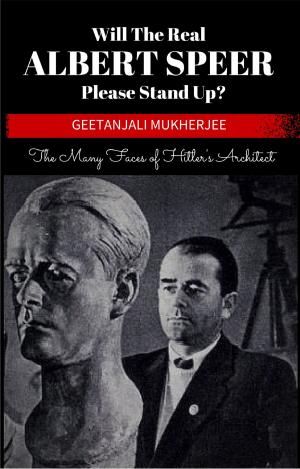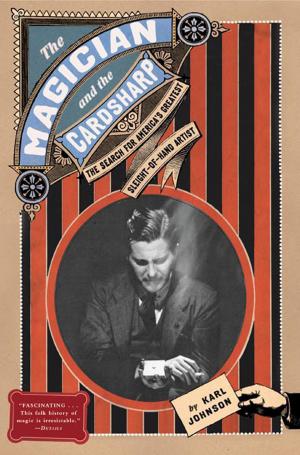| Author: | Brian Caldwell Fansler | ISBN: | 9781370170715 |
| Publisher: | Brian Caldwell Fansler | Publication: | March 13, 2018 |
| Imprint: | Smashwords Edition | Language: | English |
| Author: | Brian Caldwell Fansler |
| ISBN: | 9781370170715 |
| Publisher: | Brian Caldwell Fansler |
| Publication: | March 13, 2018 |
| Imprint: | Smashwords Edition |
| Language: | English |
As of Election Night 2016, 240 years have passed since the Declaration of Independence (Declaration). Does anyone remember what they were doing then? The previous Presidential election in 2012 marked the 225th anniversary of what we call today the Constitutional Convention (Convention). The Founders would see it as ironic that we call it the “Constitutional Convention” today. In 1787, the newspapers called it the “The Grand Convention” or “the Convention among the States”. If it had been called a “Constitutional Convention”, about 2/3 of the delegates would have run away. Talk about Kryptonite to Superman.
Despite the idiosyncrasy, the Founders' reputation and accomplishments are still legendary. The Founders caused historic change—a system of government where people govern themselves, rather than by a monarch or a dictator. Since their time, our country and the world have undergone significant changes, and, in ways they never would have even imagined. Perhaps, in some ways, they wouldn’t want to imagine.
The Founders’ unsurpassed place in American history originates from their creating a living, breathing, constantly changing organism, the United States of America. The Founders built this country through the manuals they created: The Declaration of Independence; The United States Constitution; The Federalist Papers; and The Bill of Rights. If anyone were to know how the United States was intended to operate, it would be the Founders themselves. Just don’t ask them when they have had too many pints.
Even today, in a debate, advertisement, opinion piece, letter to the editor, book, classroom, boardroom, political office, blog, website, social media, poll, etc., the question is often asked what would the Founders think or how would they respond to an issue or situation. American political figures have used the Founders’ words and actions as a means of promoting their own political beliefs. We have seen this time and time again especially during a favorite time of year for Americans—election season. It ranks right up there with Americans’ other all-time favorites—public speaking, death, taxes, colonoscopies, and raw liver.
It is reasonable and prudent to ask if the perceptions, wisdom, experience, and biases of white, property-owning, aristocratic men from over 225 years ago would mean anything in the modern world. Despite their remarkable reputations and accomplishments, the Founders were unable to resolve all the issues they faced in their own time. Slavery is the first and the most notable issue but another major issue was federal versus state sovereignty (where does one begin and the other end? Inquiring minds want to know). The Founders knew they were making history as they went and that they would be viewed and judged by subsequent generations of Americans. That might make a good reality show today. The 2016 election certainly felt like one.
A question which has been asked among historians, journalists, and others is what would the Founders think of these events and how would they respond? This book’s purpose is a hypothetical attempt to see the 2016 United States’ Presidential Election Day through the eyes of the Founders. What might the Founders have thought? This book attempts to answer that question based on previous research done on the Founders by others, and applying that to the 2016 election night as it happened.
As of Election Night 2016, 240 years have passed since the Declaration of Independence (Declaration). Does anyone remember what they were doing then? The previous Presidential election in 2012 marked the 225th anniversary of what we call today the Constitutional Convention (Convention). The Founders would see it as ironic that we call it the “Constitutional Convention” today. In 1787, the newspapers called it the “The Grand Convention” or “the Convention among the States”. If it had been called a “Constitutional Convention”, about 2/3 of the delegates would have run away. Talk about Kryptonite to Superman.
Despite the idiosyncrasy, the Founders' reputation and accomplishments are still legendary. The Founders caused historic change—a system of government where people govern themselves, rather than by a monarch or a dictator. Since their time, our country and the world have undergone significant changes, and, in ways they never would have even imagined. Perhaps, in some ways, they wouldn’t want to imagine.
The Founders’ unsurpassed place in American history originates from their creating a living, breathing, constantly changing organism, the United States of America. The Founders built this country through the manuals they created: The Declaration of Independence; The United States Constitution; The Federalist Papers; and The Bill of Rights. If anyone were to know how the United States was intended to operate, it would be the Founders themselves. Just don’t ask them when they have had too many pints.
Even today, in a debate, advertisement, opinion piece, letter to the editor, book, classroom, boardroom, political office, blog, website, social media, poll, etc., the question is often asked what would the Founders think or how would they respond to an issue or situation. American political figures have used the Founders’ words and actions as a means of promoting their own political beliefs. We have seen this time and time again especially during a favorite time of year for Americans—election season. It ranks right up there with Americans’ other all-time favorites—public speaking, death, taxes, colonoscopies, and raw liver.
It is reasonable and prudent to ask if the perceptions, wisdom, experience, and biases of white, property-owning, aristocratic men from over 225 years ago would mean anything in the modern world. Despite their remarkable reputations and accomplishments, the Founders were unable to resolve all the issues they faced in their own time. Slavery is the first and the most notable issue but another major issue was federal versus state sovereignty (where does one begin and the other end? Inquiring minds want to know). The Founders knew they were making history as they went and that they would be viewed and judged by subsequent generations of Americans. That might make a good reality show today. The 2016 election certainly felt like one.
A question which has been asked among historians, journalists, and others is what would the Founders think of these events and how would they respond? This book’s purpose is a hypothetical attempt to see the 2016 United States’ Presidential Election Day through the eyes of the Founders. What might the Founders have thought? This book attempts to answer that question based on previous research done on the Founders by others, and applying that to the 2016 election night as it happened.















